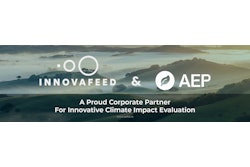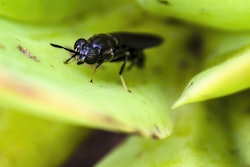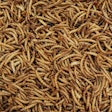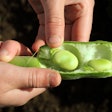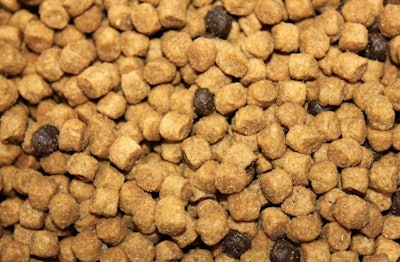
A UK trade association has launched a critique of a recent UK-commissioned study on insect protein sustainability, arguing that flawed methodology and outdated assumptions risk misrepresenting the insect sector's capabilities and potential and steering UK policy off course.
The Insect Bioconversion Association (INBIA) issued an open letter to the Department for Environment, Food and Rural Affairs (DEFRA) challenging the findings of a life cycle assessment (LCA) that evaluated Black Soldier Fly larvae (BSFL) meal against traditional protein sources including soybean meal from Brazil and fish meal from Scottish blue whiting.
The DEFRA study, conducted by sustainability consultancy Ricardo, examined 16 environmental impact categories and concluded that while insect meal offers potential benefits under specific conditions, it is not universally more sustainable than conventional alternatives. The research found that insect protein's environmental performance depends heavily on production variables such as substrate choice, processing efficiency and energy sources.
INBIA's response
INBIA's response, however, highlights significant methodological concerns that pet food and animal feed professionals should consider when evaluating the study's implications. In its letter to DEFRA, INBIA noted the research relied on outdated laboratory-scale data rather than current industrial practices, potentially misrepresenting the sector's actual environmental performance.
The trade group also criticized the study's comparative framework, alleging that modeling assumptions favored conventional proteins while inflating the environmental impact of insect alternatives. Particularly problematic, according to INBIA, was the failure to account for insect farming's waste valorization capabilities, with the LCA assuming insects consume "traditional feed" wheat rather than food waste streams.
The controversy also extends to industry engagement practices. INBIA noted that UK insect producers were not consulted during the research process, potentially missing critical insights about real-world production conditions and emerging best practices.
The association has called for DEFRA to collaborate with industry stakeholders on a revised assessment that reflects real-world conditions, in conjunction with industry.



